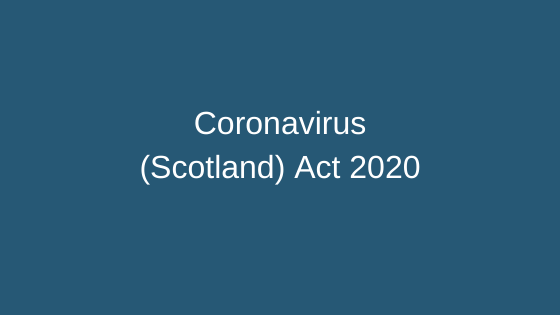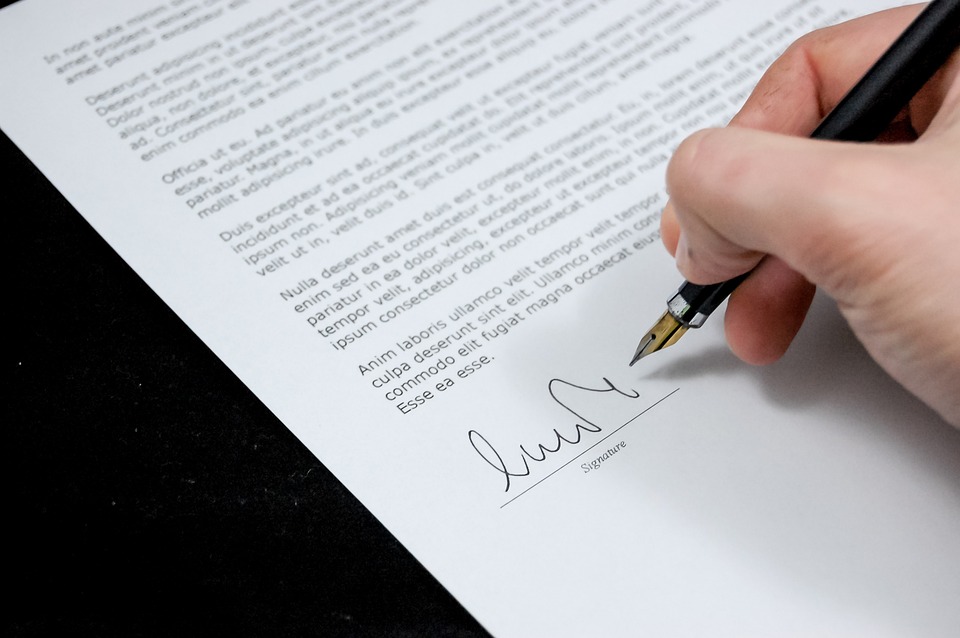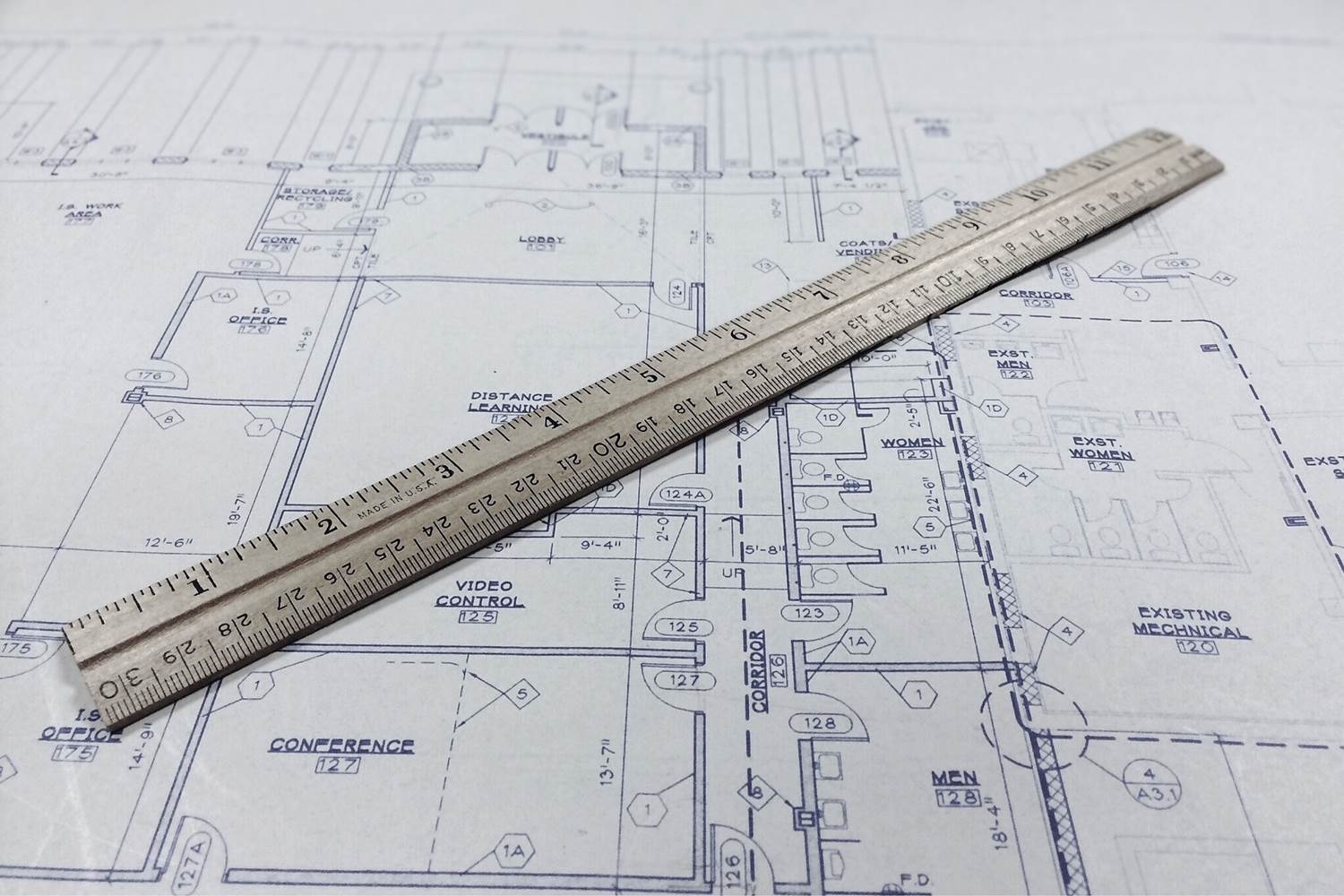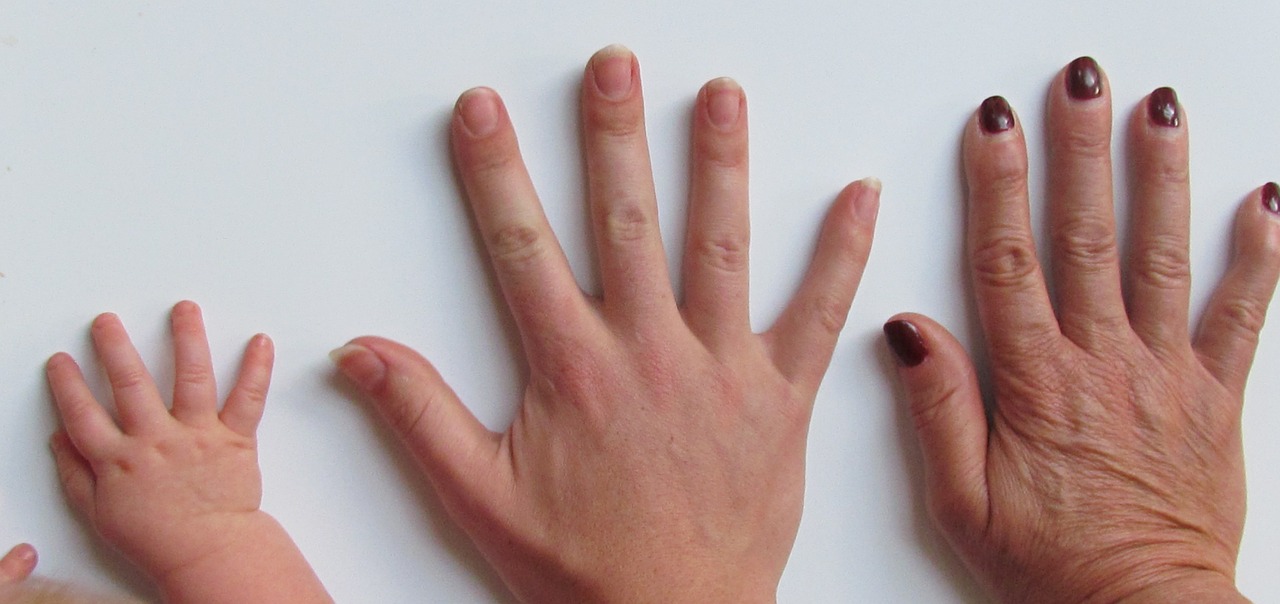
Caveats – Protecting Your Business From Unwelcome Surprises
Date: 20/02/2023 | Dispute Resolution
Caveats are legal documents lodged at any Sheriff Court or the Court of Session which act as an early warning of any action brought against the named person, business or organisation (the caveator).
They are a uniquely Scottish tool which protects the caveator from interim orders being granted against them without their knowledge. The details of the caveator’s solicitor are included on the caveat so that they can be contacted at any time of day and respond in short notice.
Caveats do not cover all pre-action orders (for example, money arrestments or “dawn-raids” (for the recovery of evidence)) but they do cover interim interdicts (orders preventing a specific action being taken) and certain orders relating to various insolvency and bankruptcy proceedings.
Without the benefit of notice that a caveat provides, in the event that an interim order is sought, a hearing may be held and order granted without the defender having the opportunity to oppose the order. In this scenario, the defender may have no knowledge of the order until it is being enforced against them.
Whilst they can be recalled, interim orders can have serious financial implications: for example, where a business is prohibited from trading via an interim interdict or a winding up petition is publicly advertised. Since we consider prevention to be better than a cure, we recommend our business clients have caveats in place as a risk management measure.
Caveats last one year and can easily be renewed annually for as long as required. A separate caveat is required for each relevant court. We recommend a caveat is lodged in the Court of Session (covering actions over £100,000) and any Sheriff Court where your business has a registered address or a place of business. Some businesses and individuals may also want a caveat in place in Sheriffdoms where they own property.
We offer competitive flat fee rates to draft caveats for you, your business or organisation. As at the date of this article, the court fee for lodging a caveat is £46 per caveat.
For further information, contact a member of our Dispute Resolution team.













































































